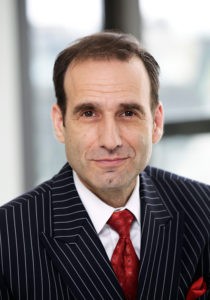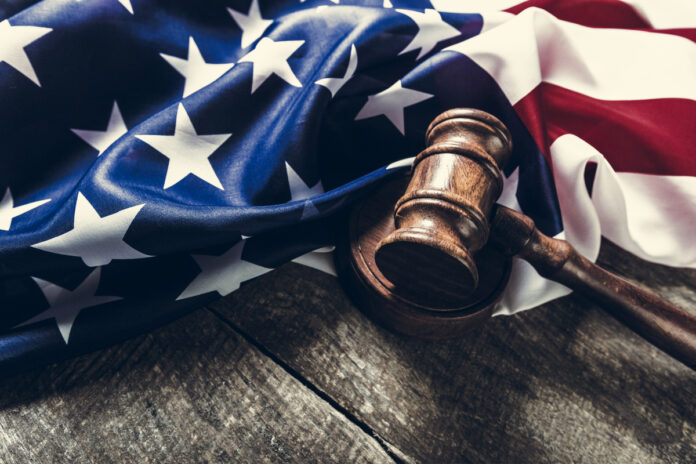NEW YORK – A three-year-old case that initially was filed in lower courts and recently filed in the U.S. Supreme Court has received tremendous support from cannabis advocacy groups and members of Congress. Represented by Hiller PC, plaintiffs in Washington v. Barr challenge the constitutionality of cannabis prohibition.
Nine amicus briefs have been filed over the past two weeks that include the support of U.S. Representatives Earl Blumenauer (D-Ore.), Barbara Lee (D-Tex.), Jamie Raskin (D-Md.), and Tulsi Gabbard (D-Hawaii). Advocacy groups including NORML, the International Cannabis Bar Association, National Cannabis Industry Association, Last Prisoner Project, Minority Cannabis Business Association, and Americans For Safe Access also joined the effort, as has the academic publication American Journal of Endocannabinoid Medicine.
“Nineteen organizations, two of America’s leading cannabis researchers, and seven members of Congress have submitted amicus briefs in support of our appeal,” Hiller PC’s founder and Managing Principal Michael Hiller told mg. “Those numbers are truly historic. To provide some perspective, it is rare that even a single amicus brief is submitted at this stage.”

The case, which is waiting to be heard by the U.S. Supreme Court, was filed by several plaintiffs including former NFL player Marvin Washington and Alexis Bortell, a twelve-year-old who sued former U.S. Attorney General Jeff Sessions. The case argues that qualified patients must be permitted to carry their medical supply of cannabis with them, including in areas overseen by federal authorities such as airports.
Though nearly three-quarters of all states have legalized medicinal cannabis use, the Drug Enforcement Administration’s classification of cannabis as a Schedule I narcotic under the Controlled Substances Act (CSA) means the federal government still does not recognize the plant’s medicinal value.
Plaintiffs in Washington v. Barr argue the states’ positions show federal cannabis prohibition is not appropriate. Attorneys for the plaintiffs also claim their clients have not been provided equal protection.
“If this appeal were to be successful, the federal misclassification of cannabis under Schedule I of the CSA would be declared unconstitutional,” said Hiller. “That would mean the laws criminalizing cannabis, which have been used to unjustly incarcerate generations of persons of color and stigmatize millions of medical marijuana patients for decades, would be written off the books. It is the single most important cannabis litigation in the history of prohibition.”
So far, lower courts have rejected these arguments. Analysts are unsure whether the U.S. Supreme court will decide to hear the case, but Hiller is hoping the highest court in the land is willing to take up the matter and clear up the confusing legal landscape for cannabis.
“There is mass uncertainty in the law, conflicting decisions among the circuit and district courts, inconsistencies in federal law within each branch and at every level of government, an unresolvable conflict between the CSA and thirty-eight state and territorial cannabis programs, a growing population of medical cannabis patients that numbers in the millions, a burgeoning cannabis industry which numbers in the billions of dollars, and no feasible legislative or administrative solution,” he said. “This is the moment for [the Supreme Court] to clean house and provide a level of clarity that has, for half a century, eluded us.”










